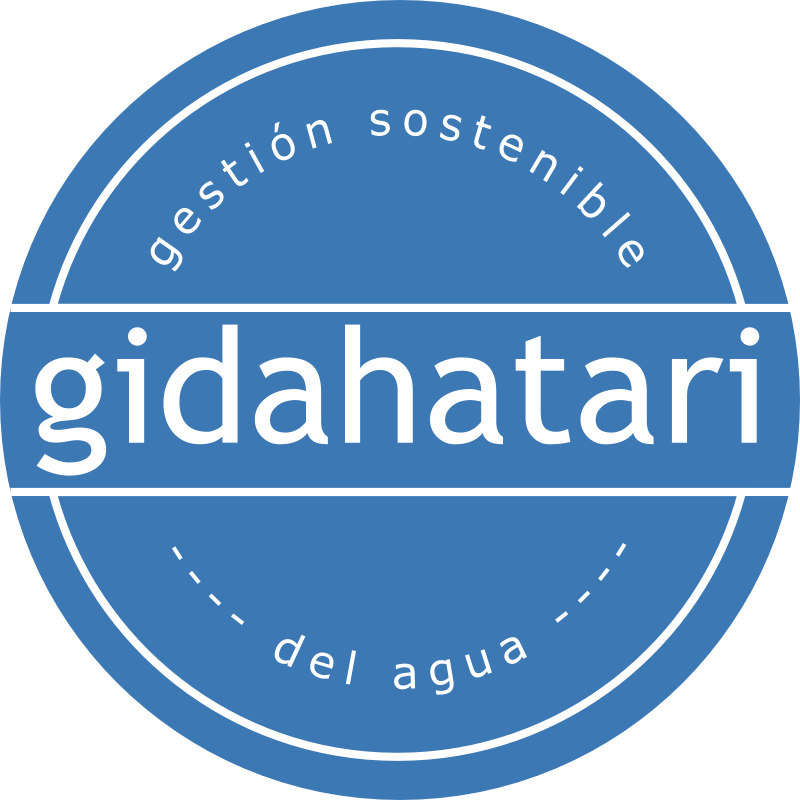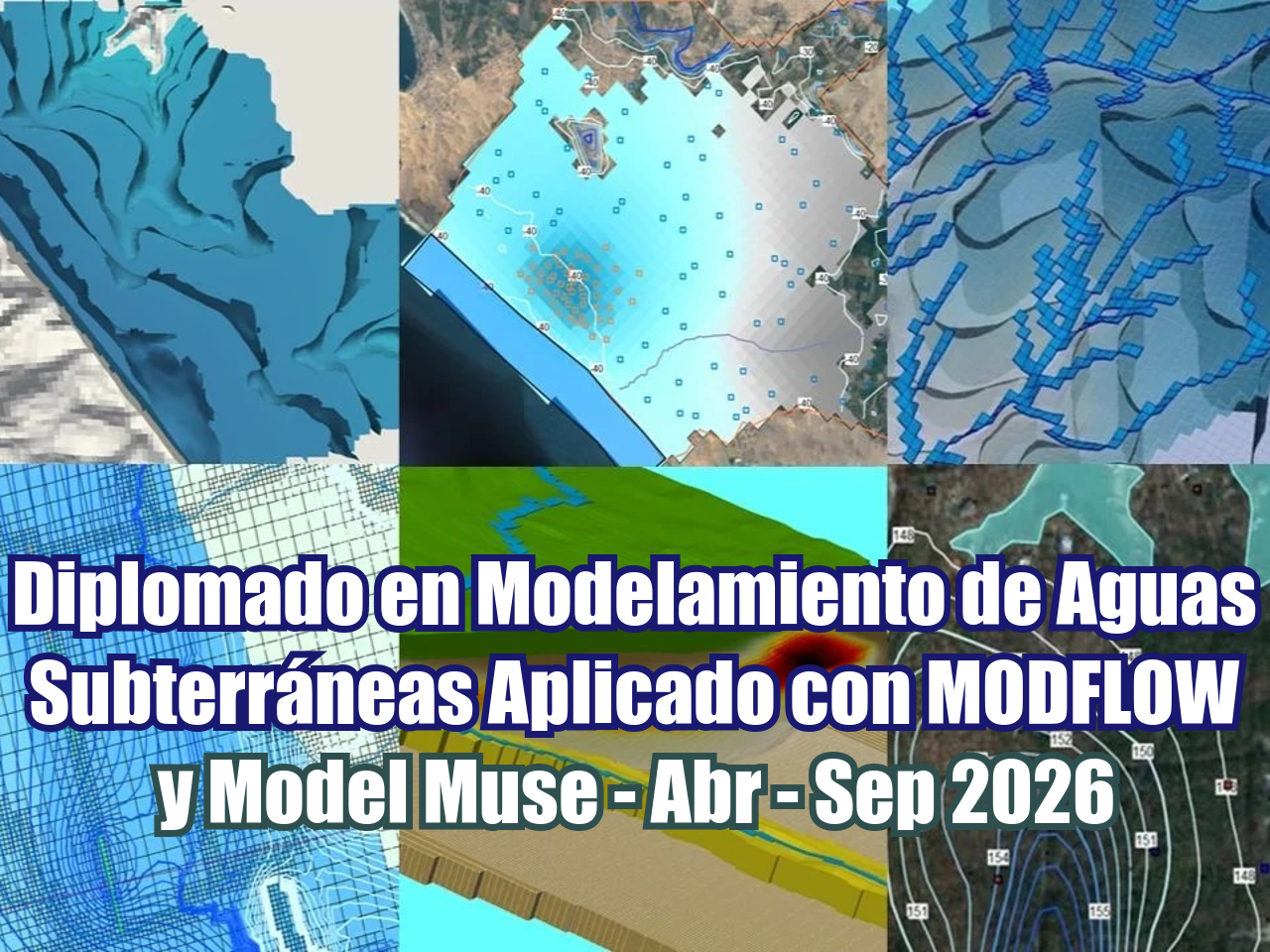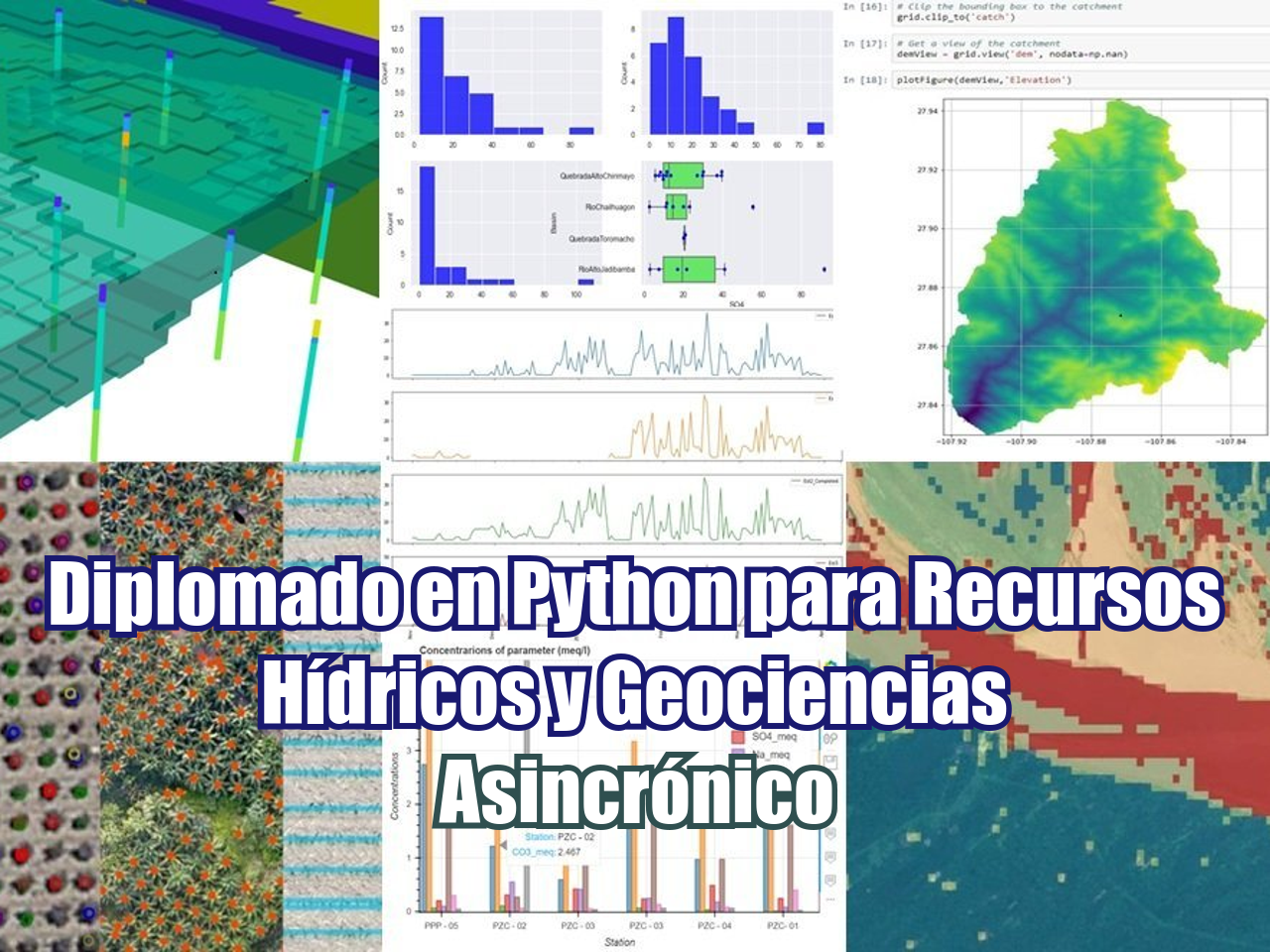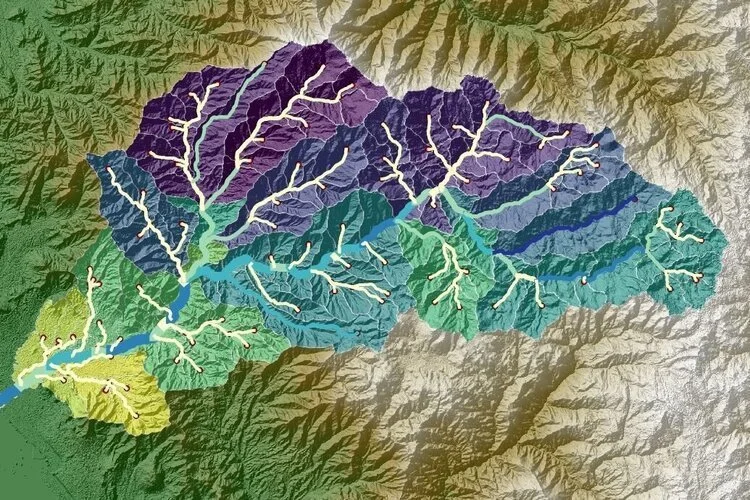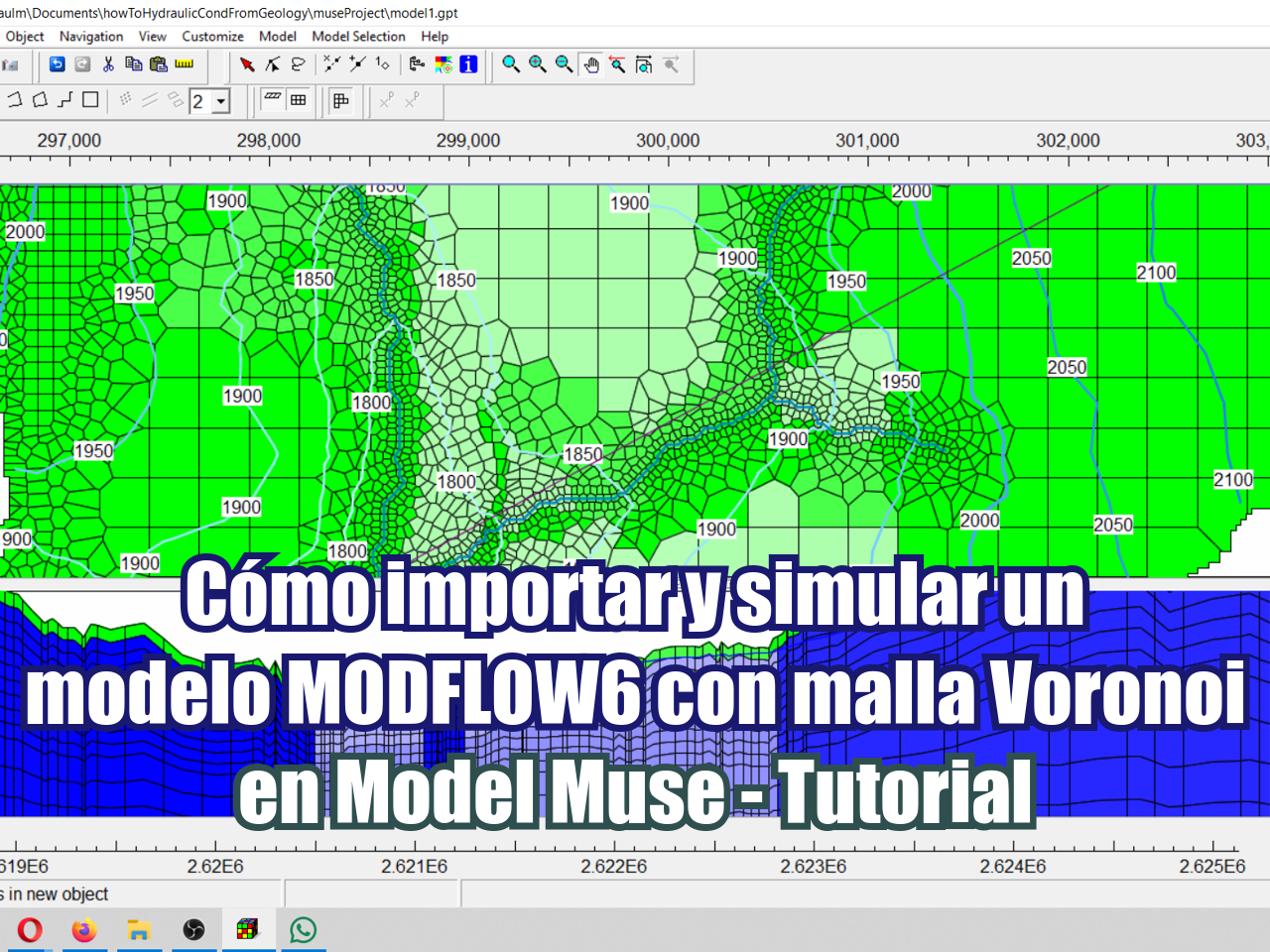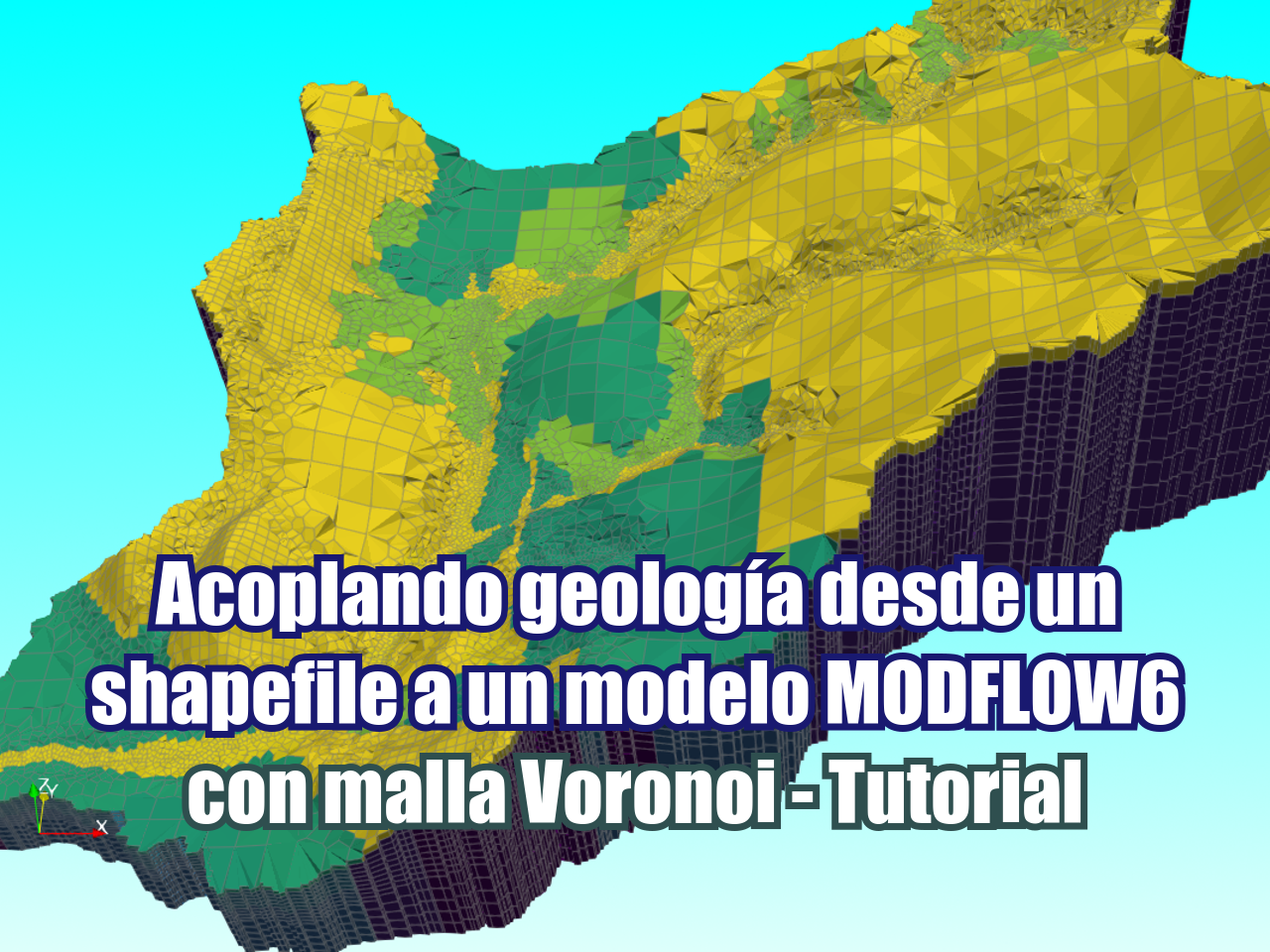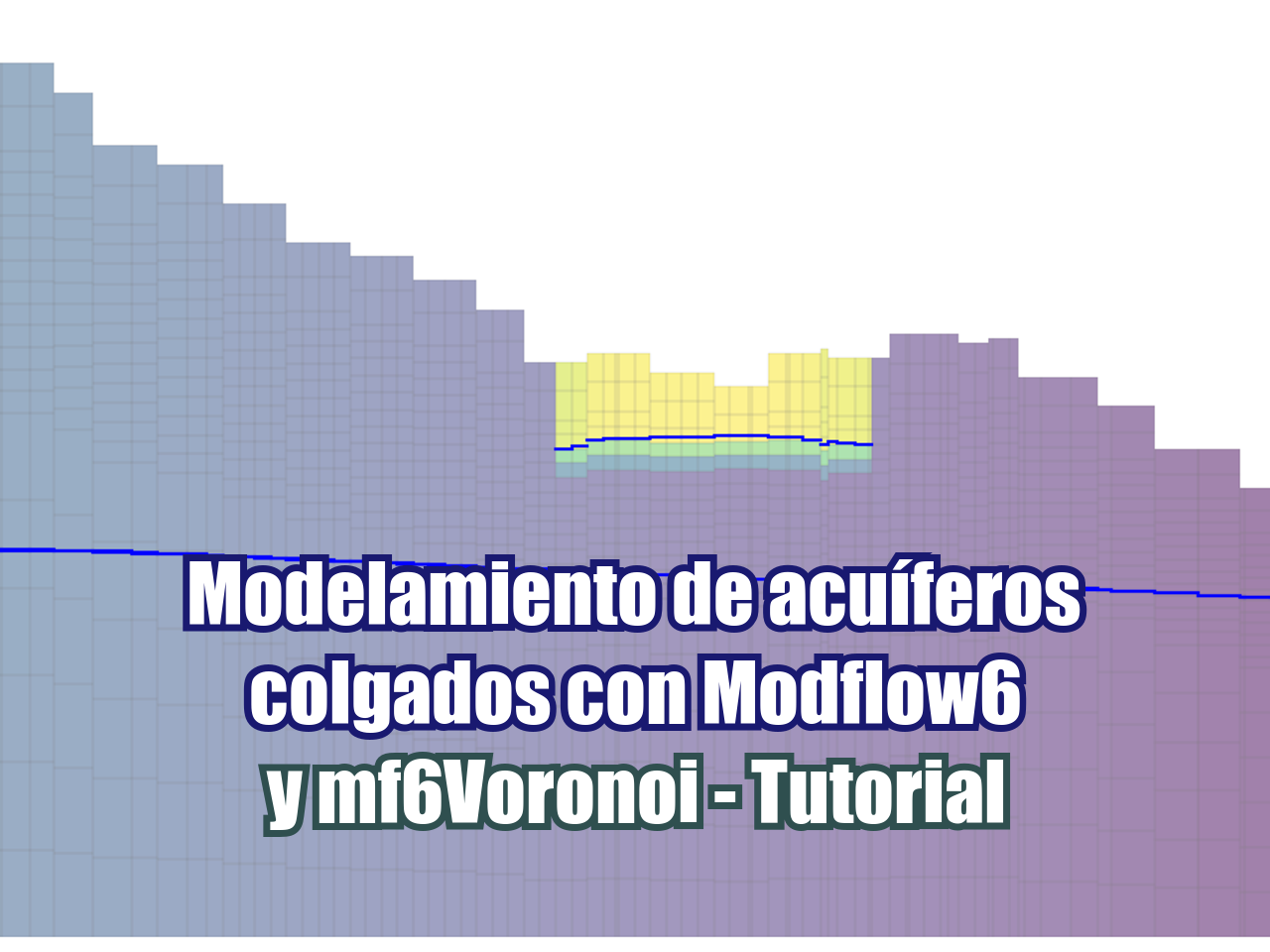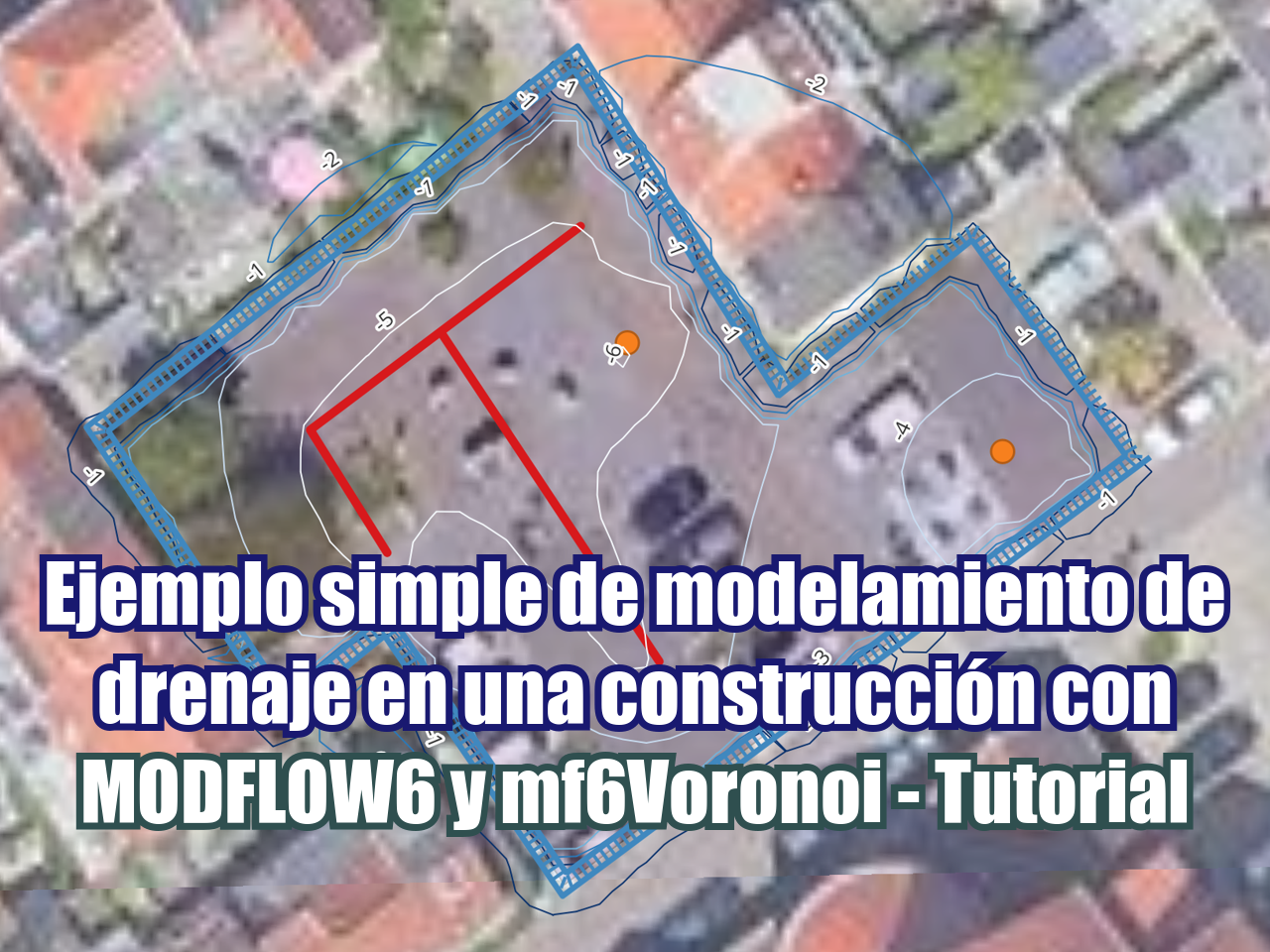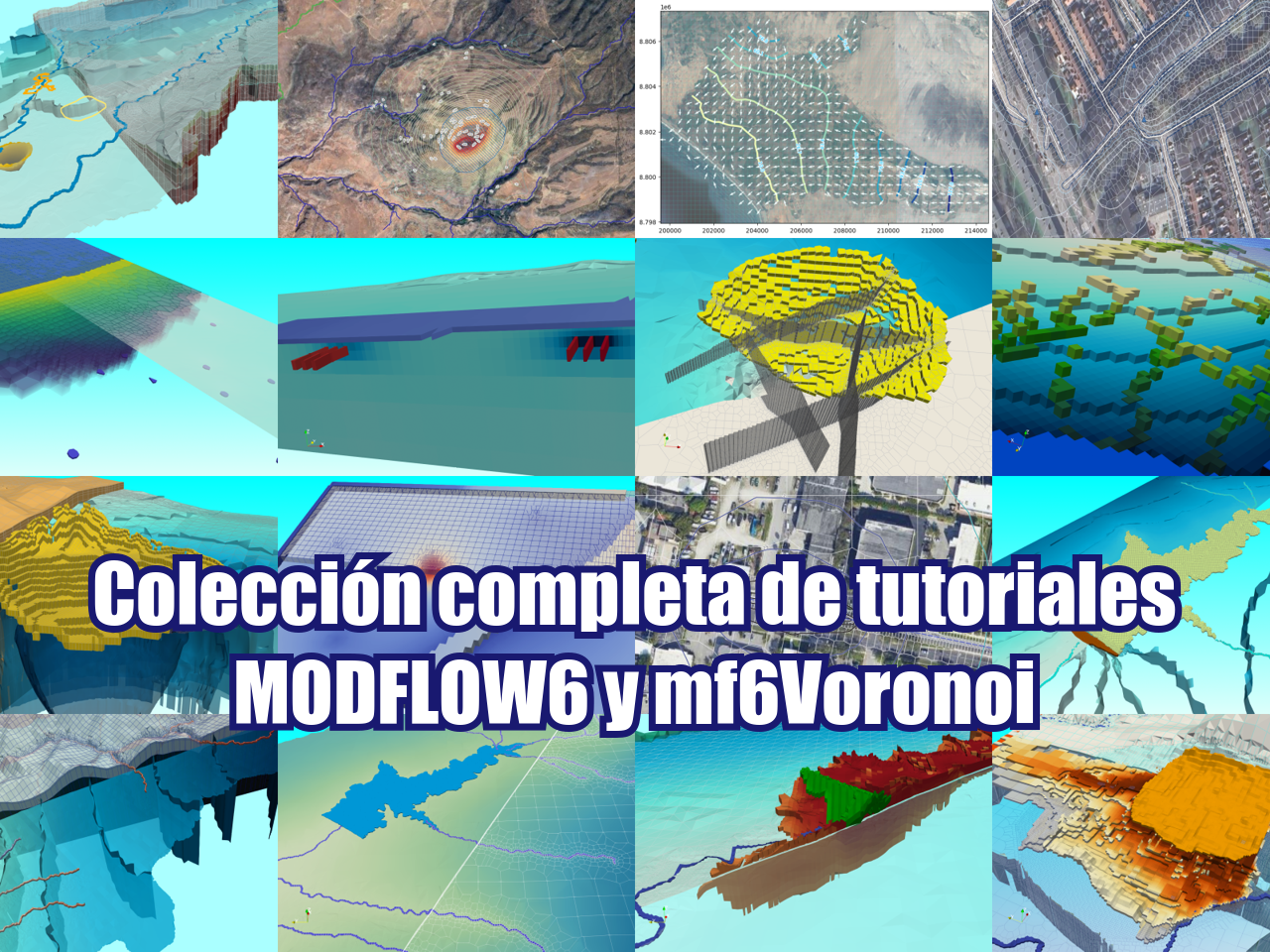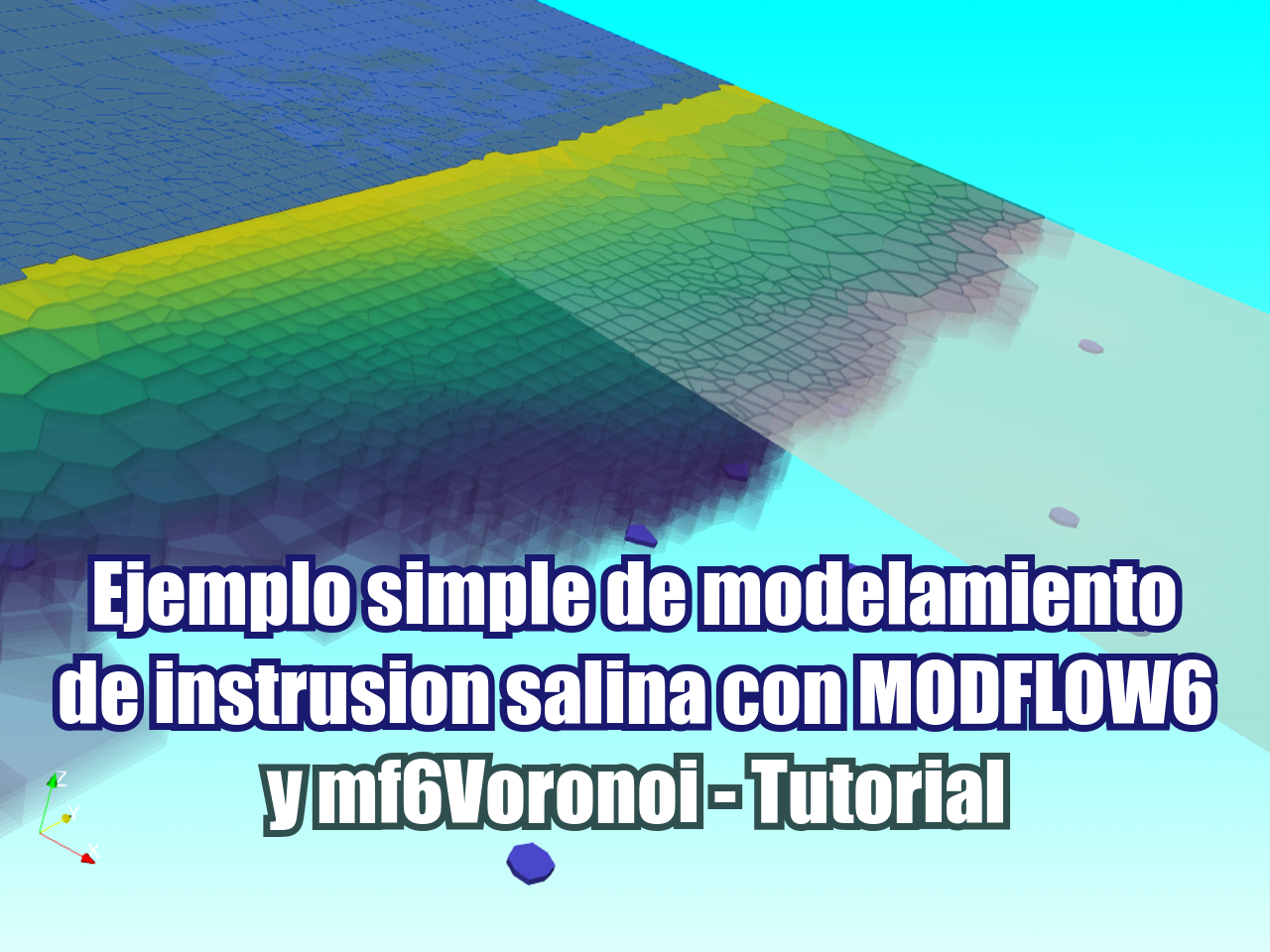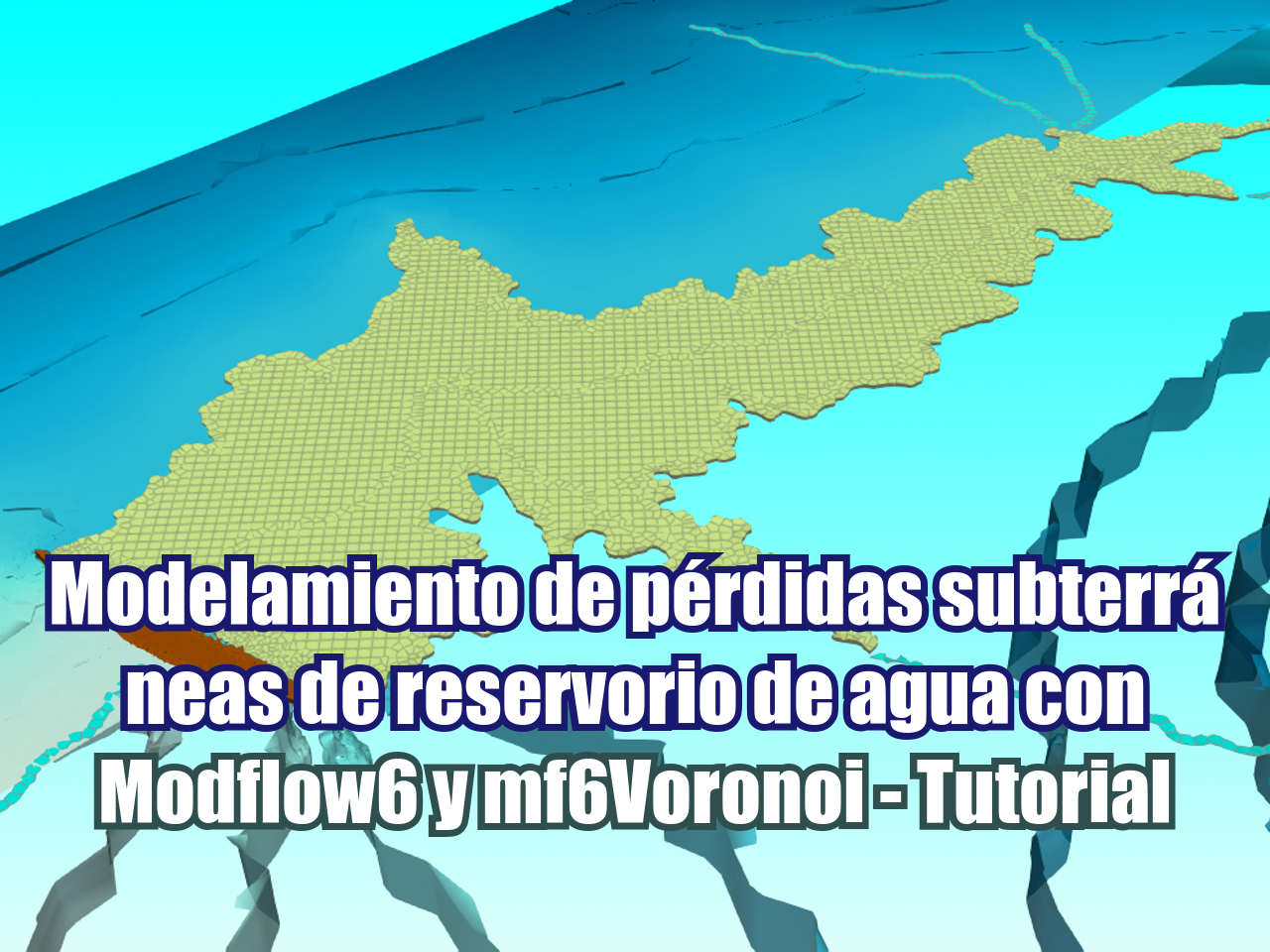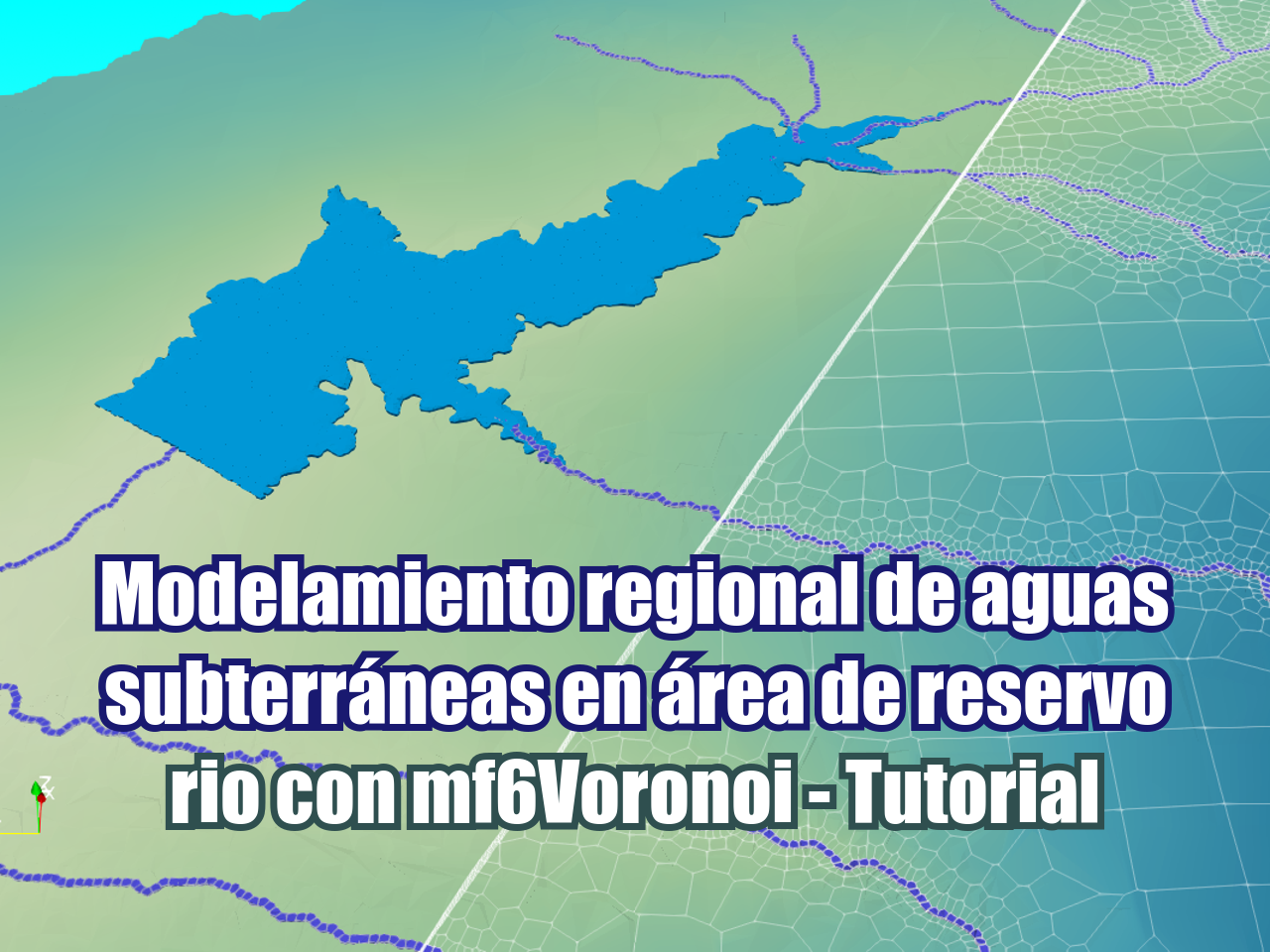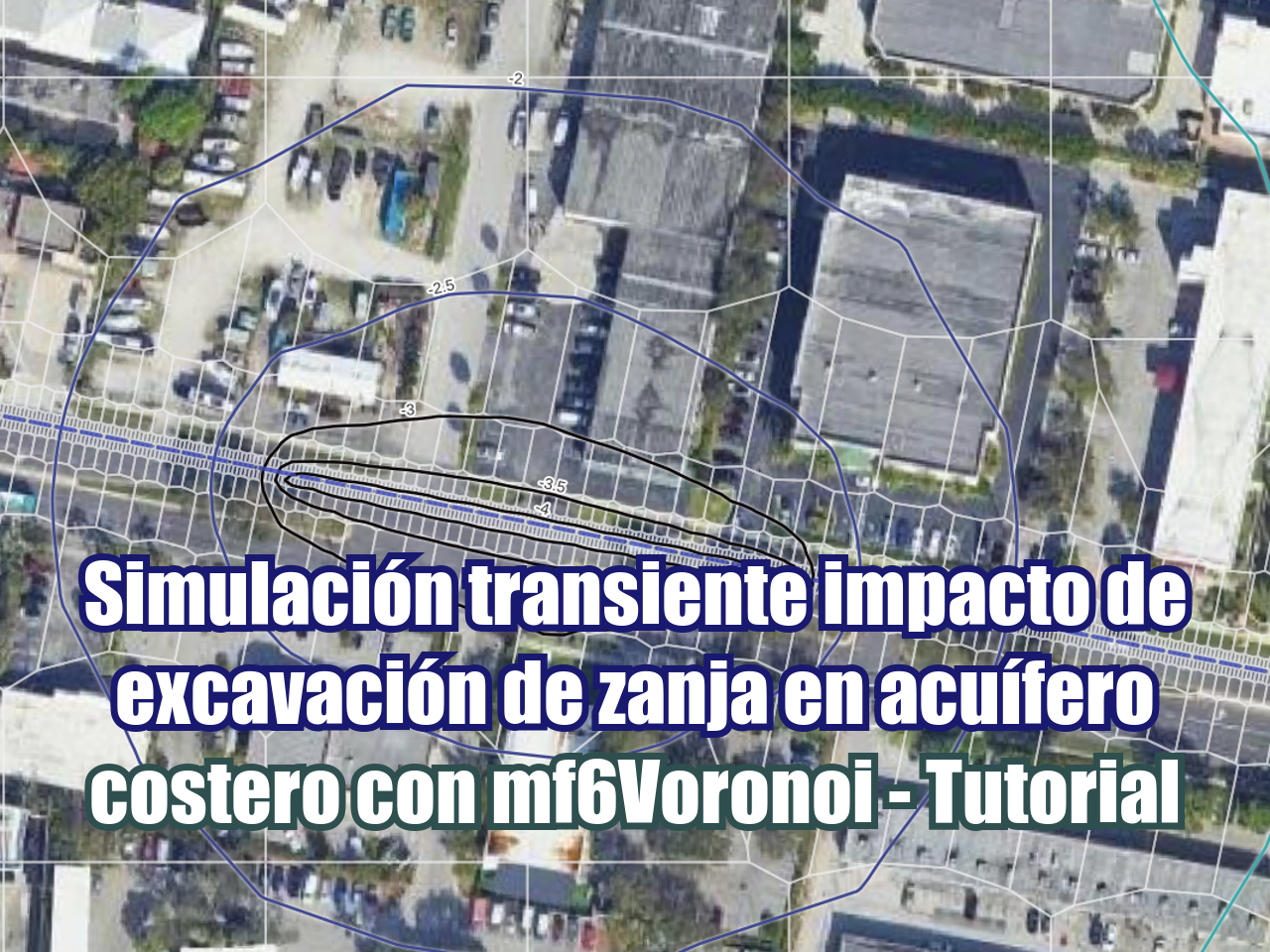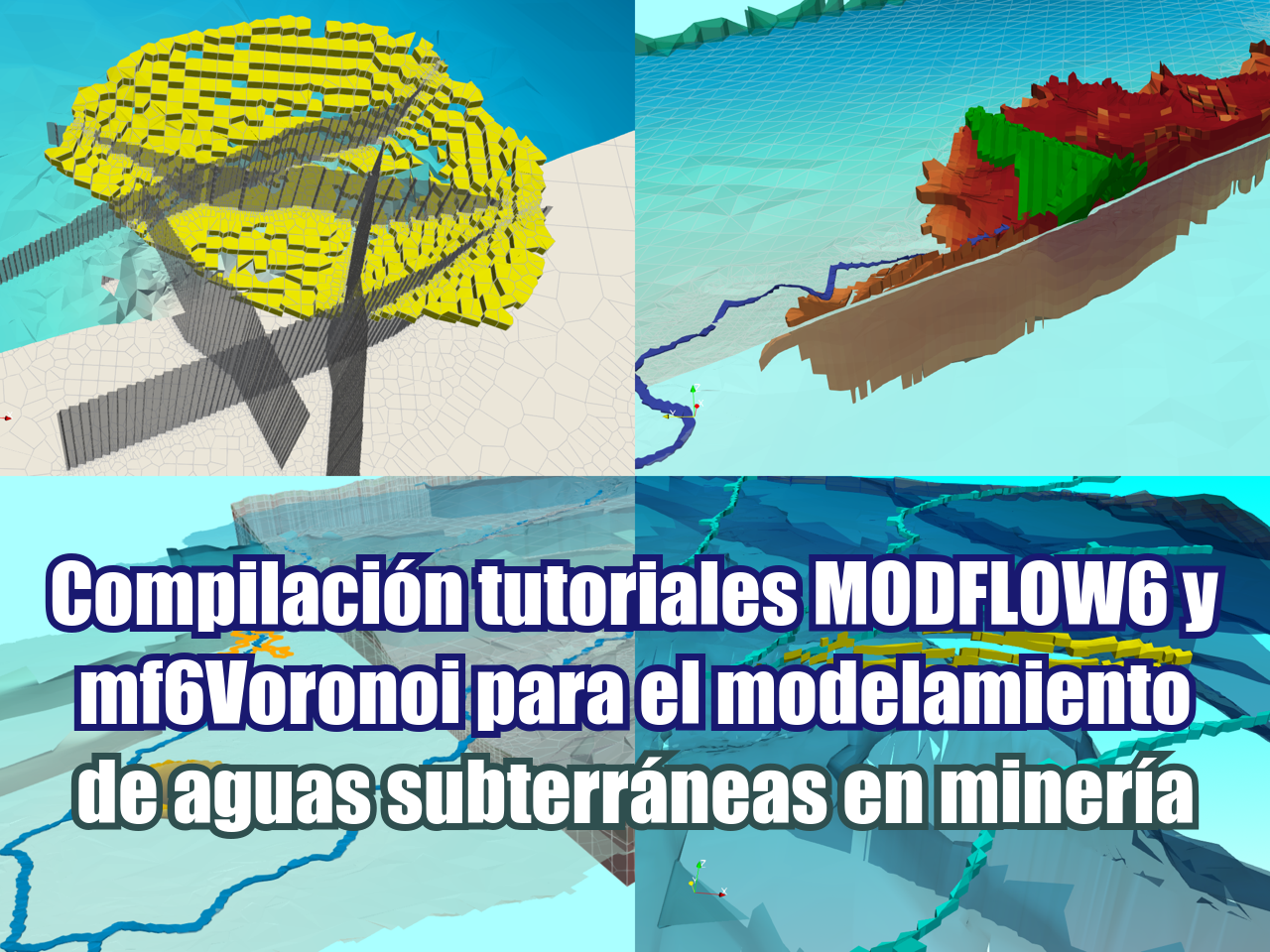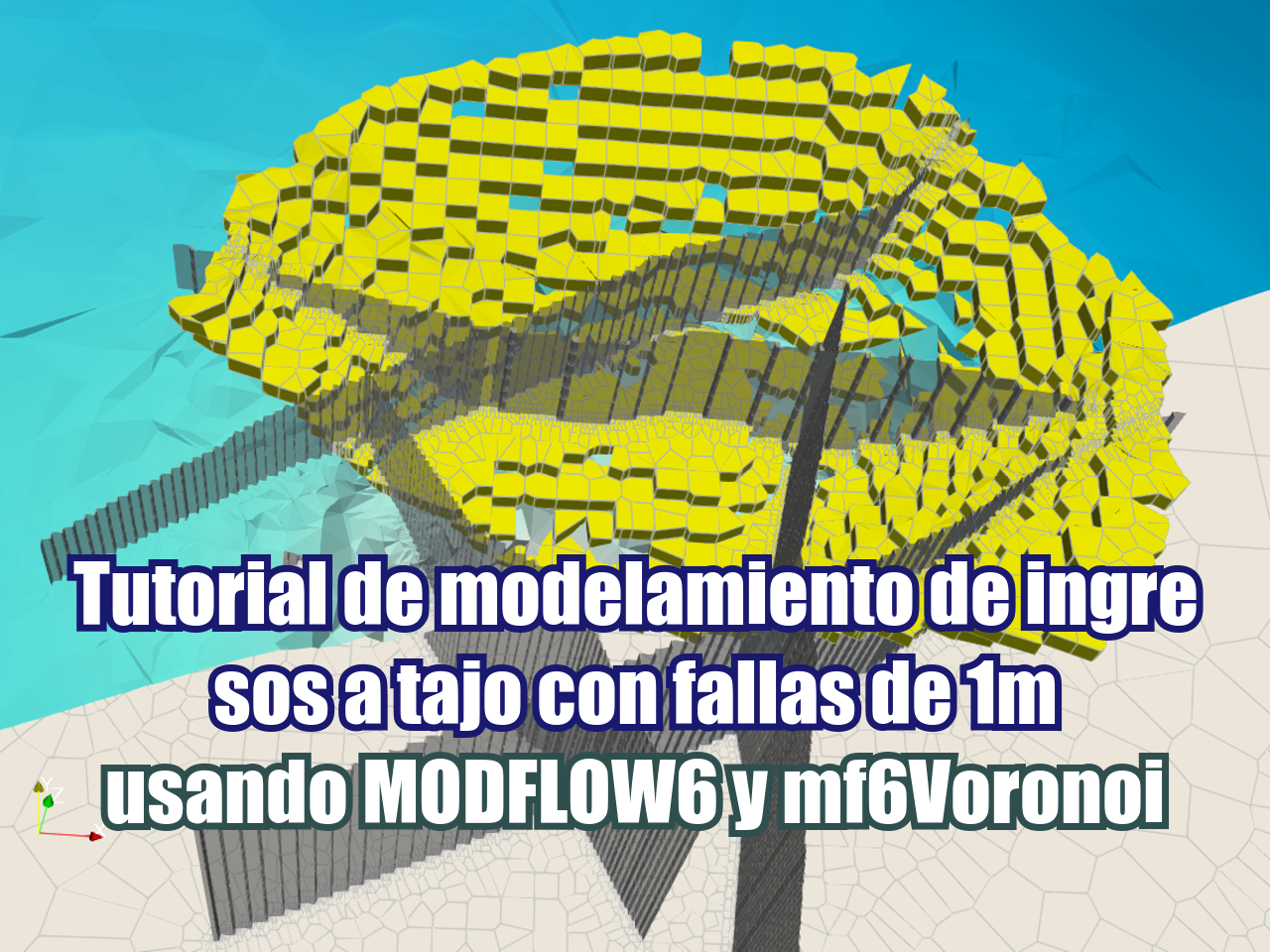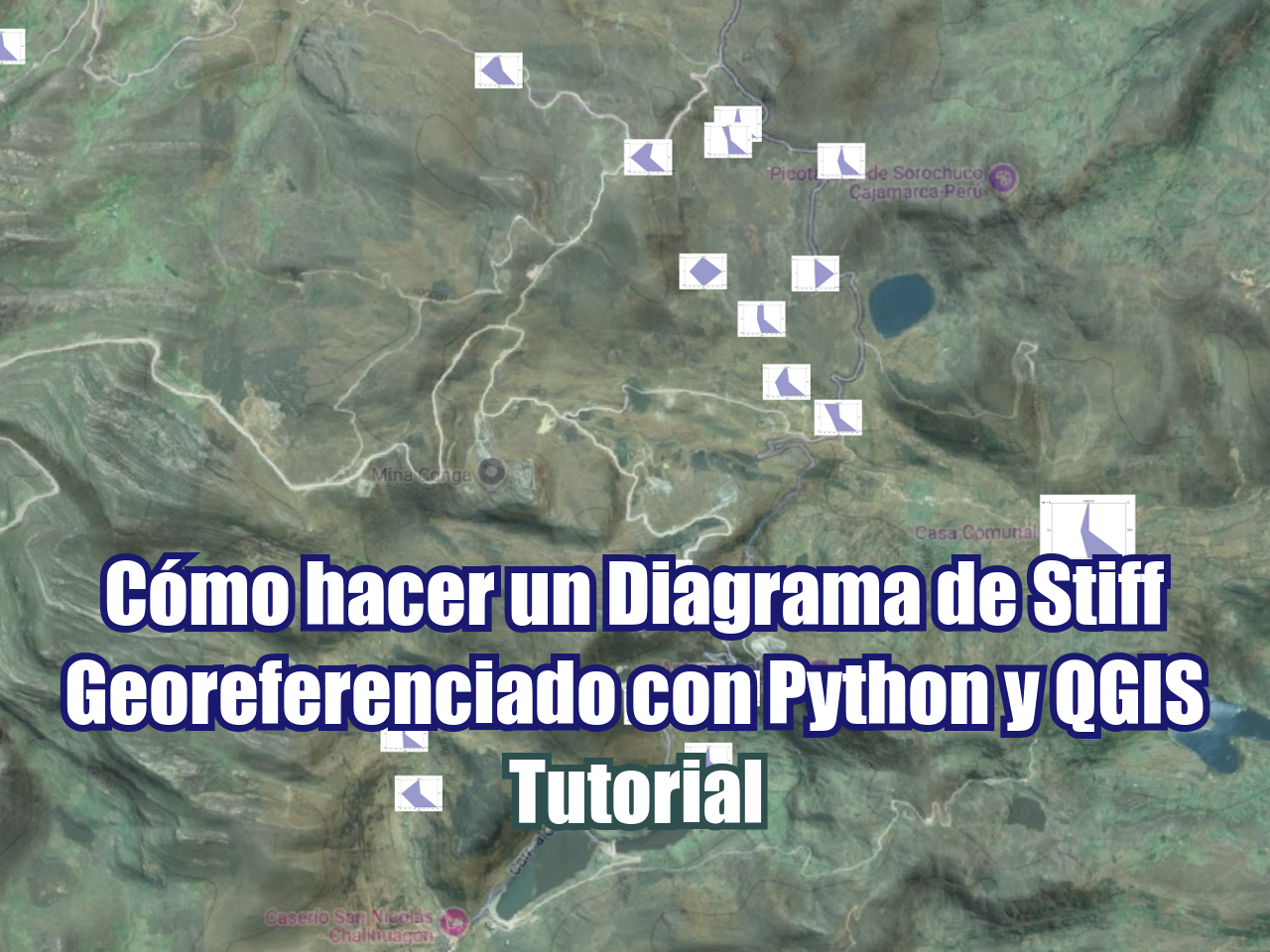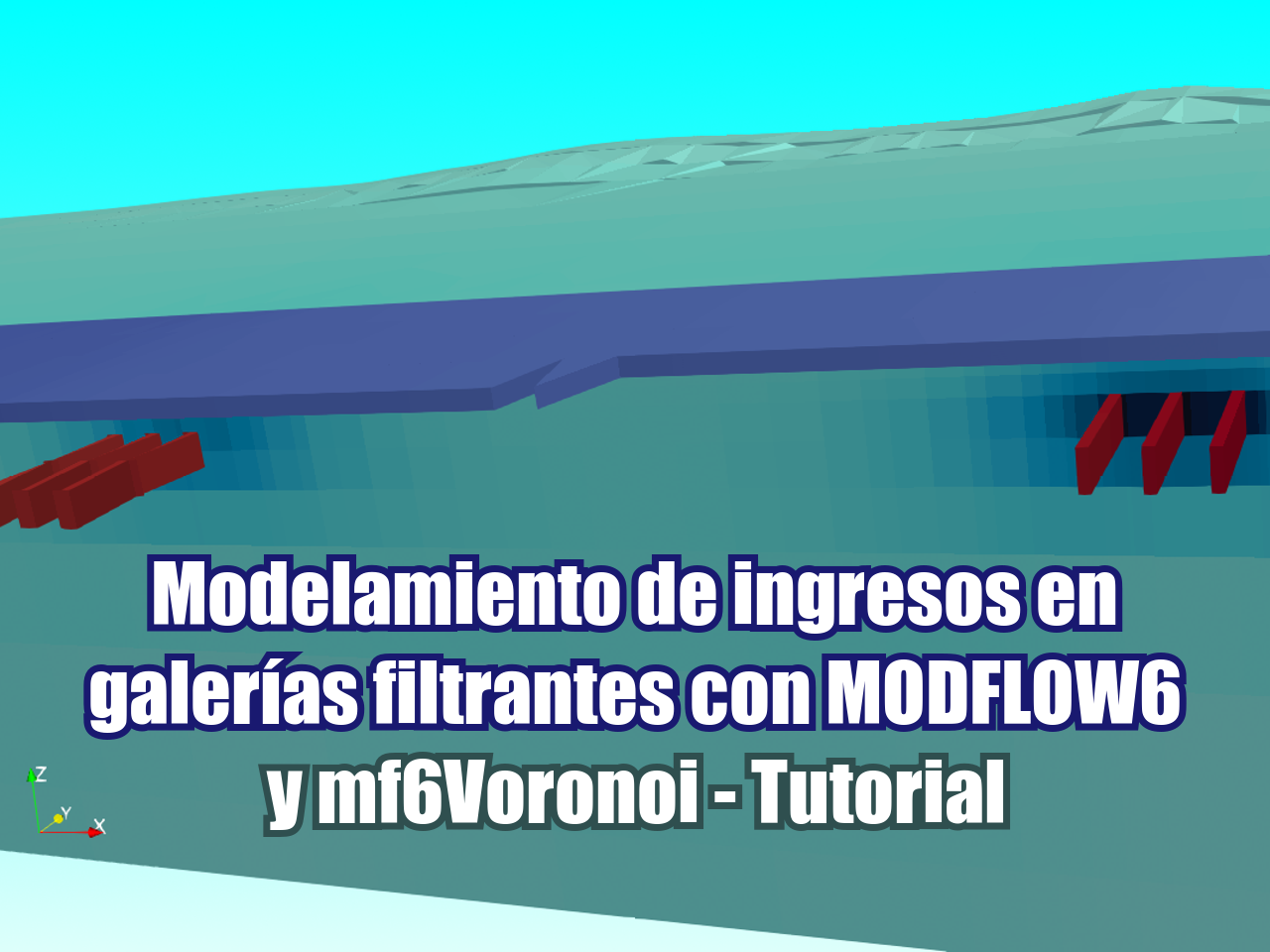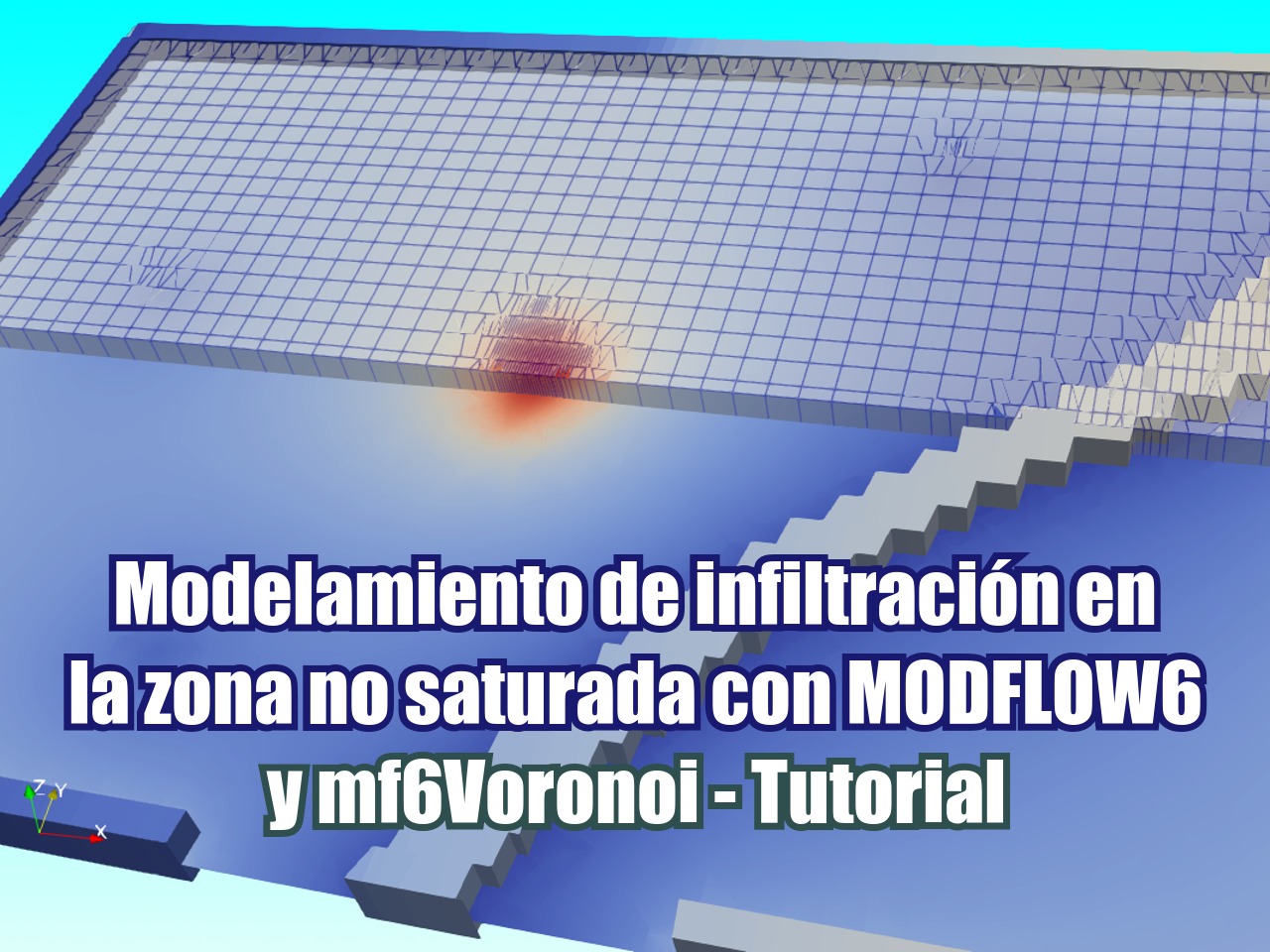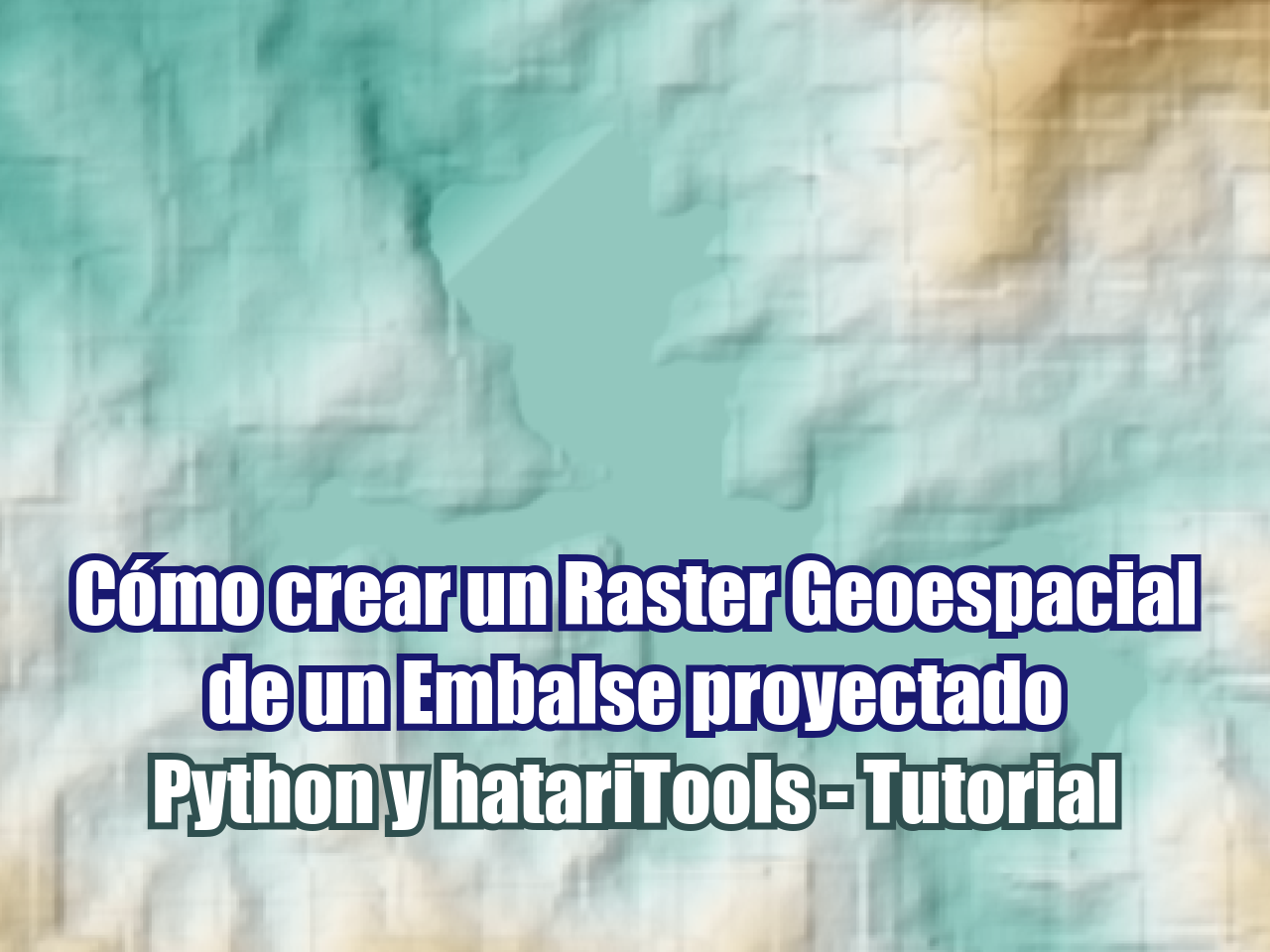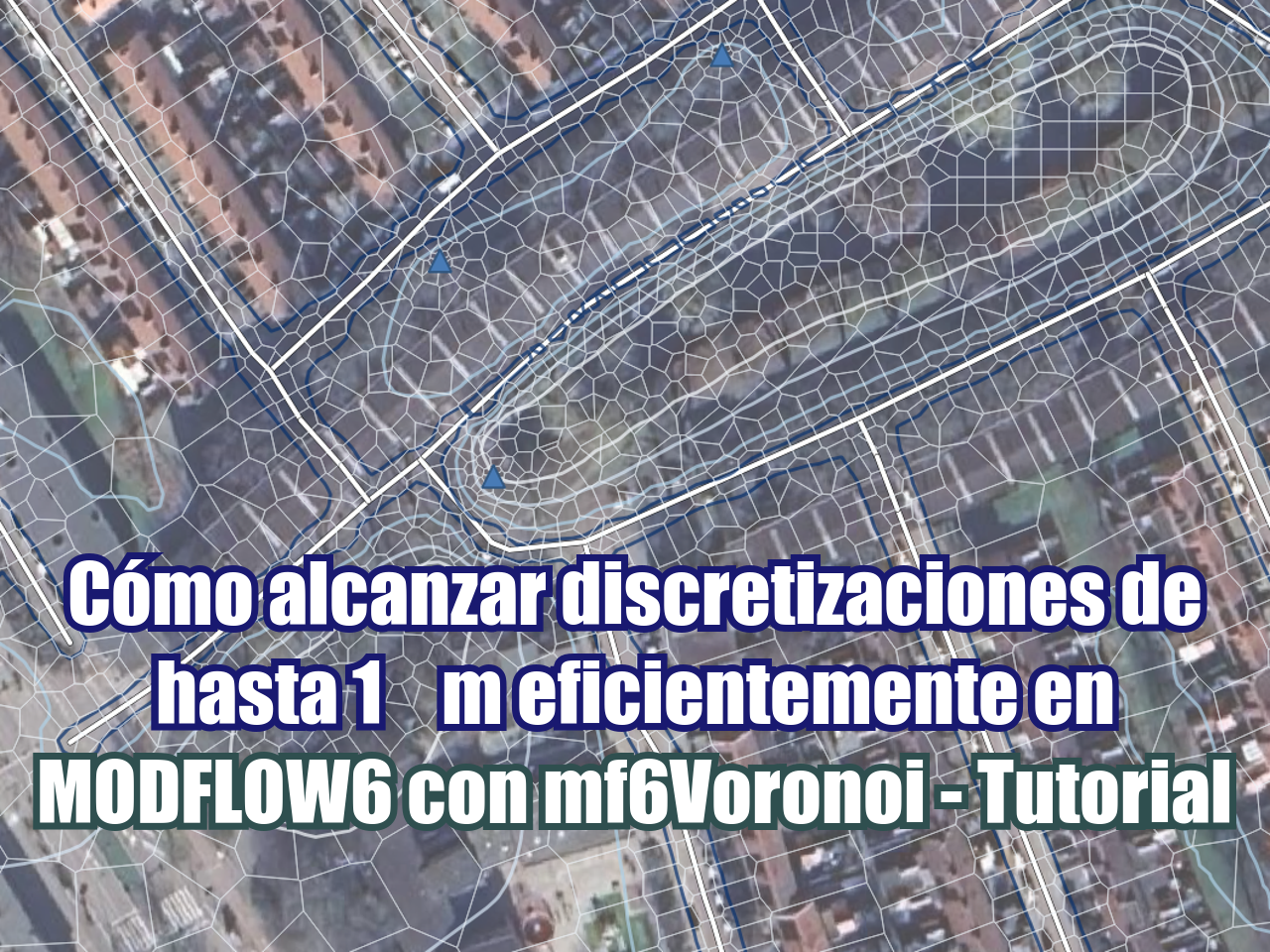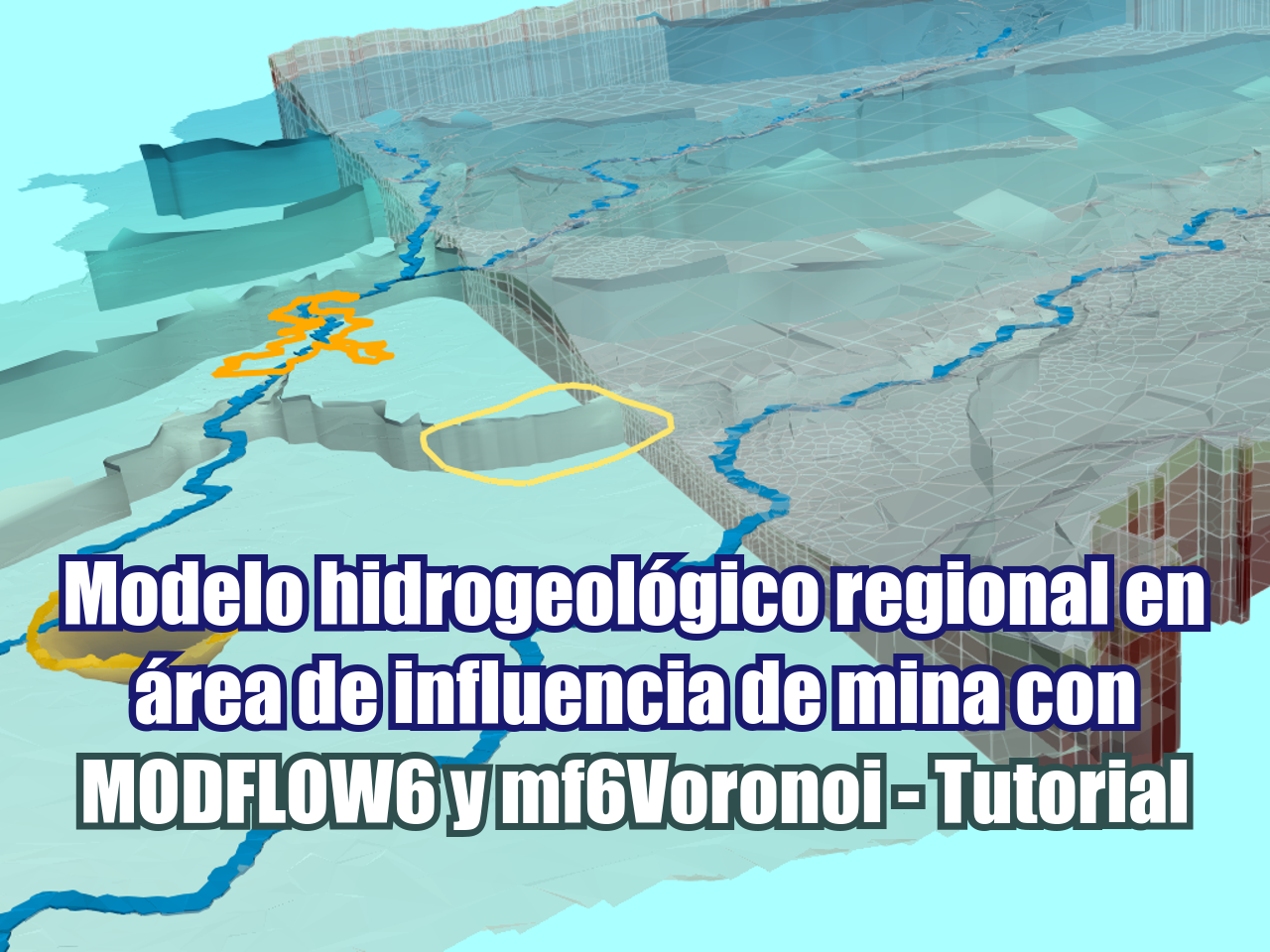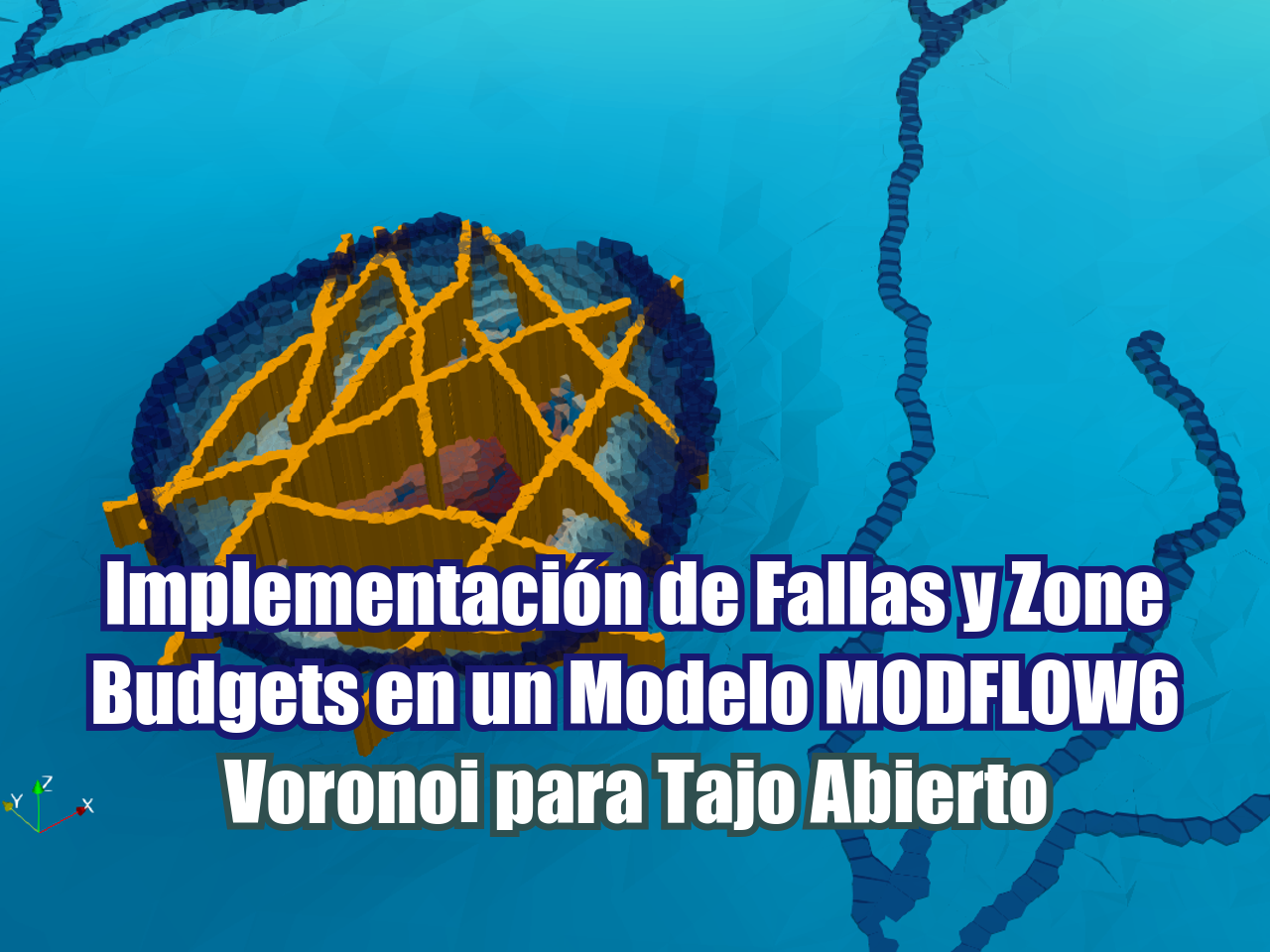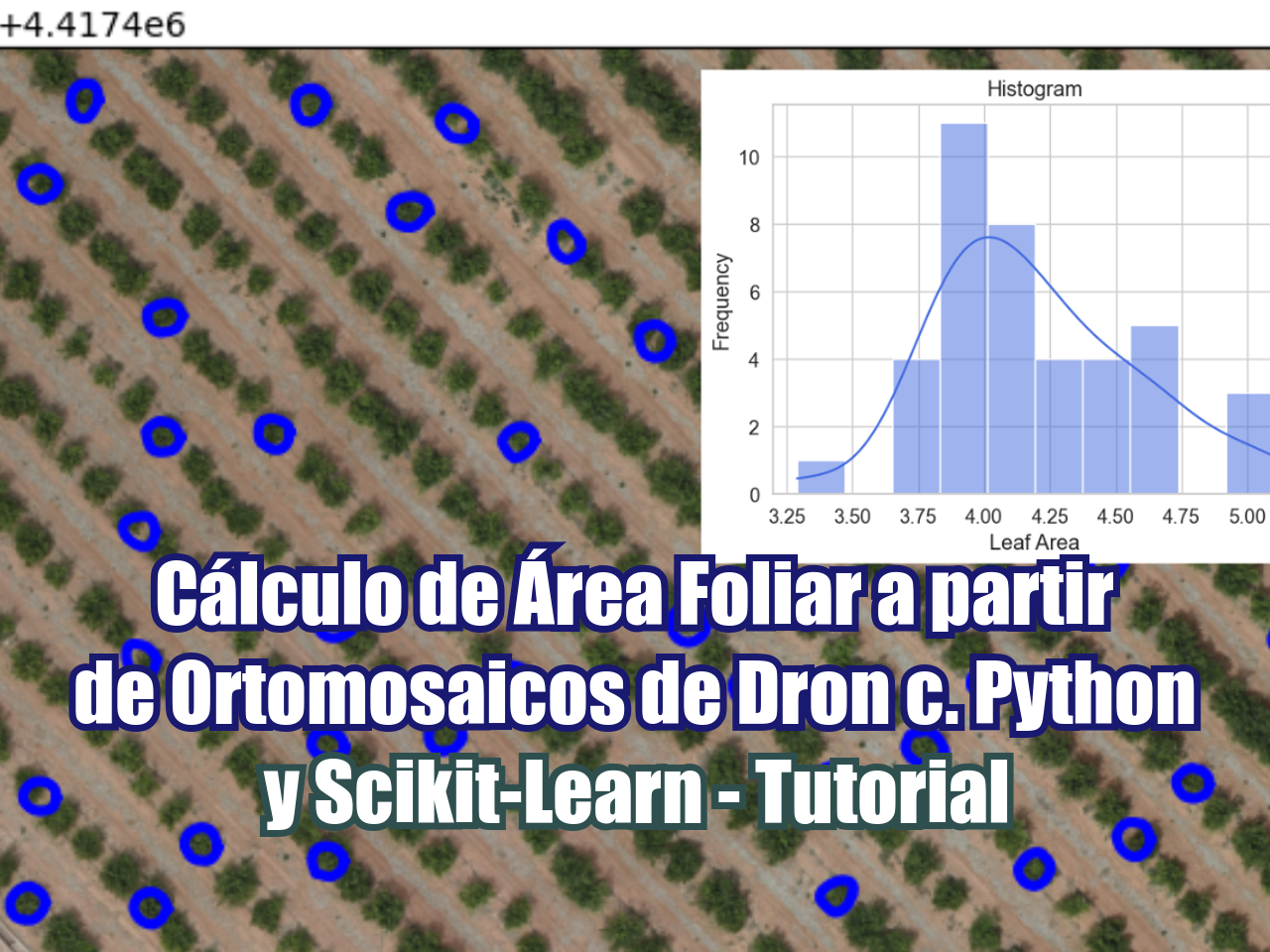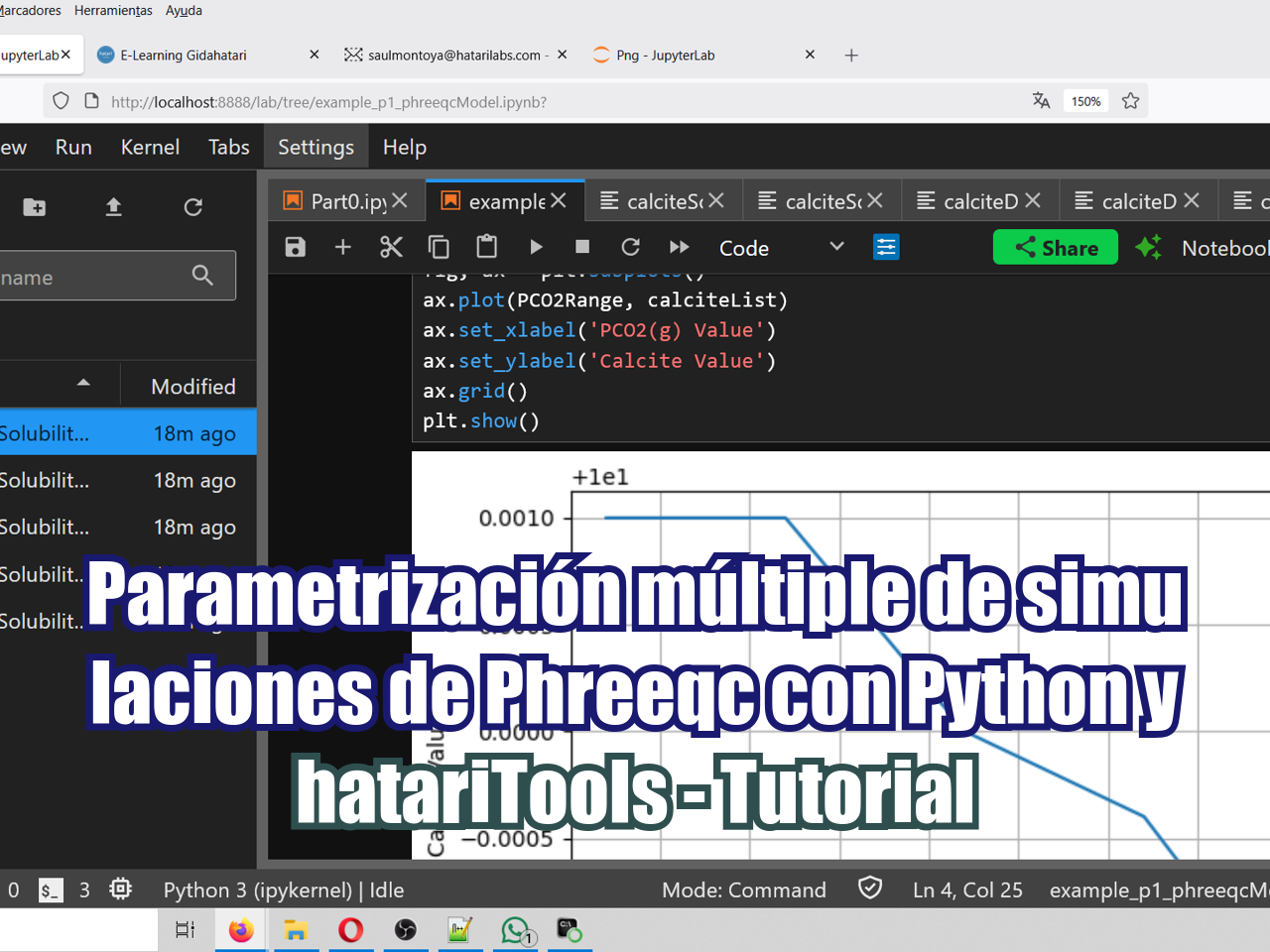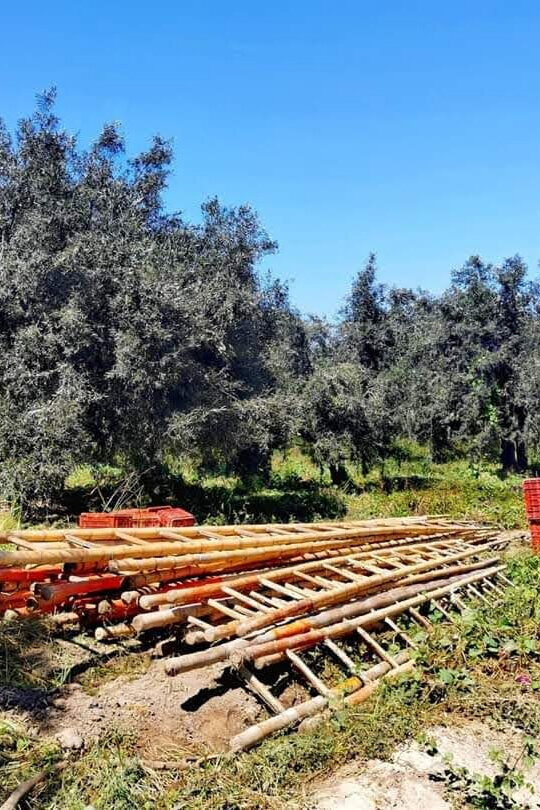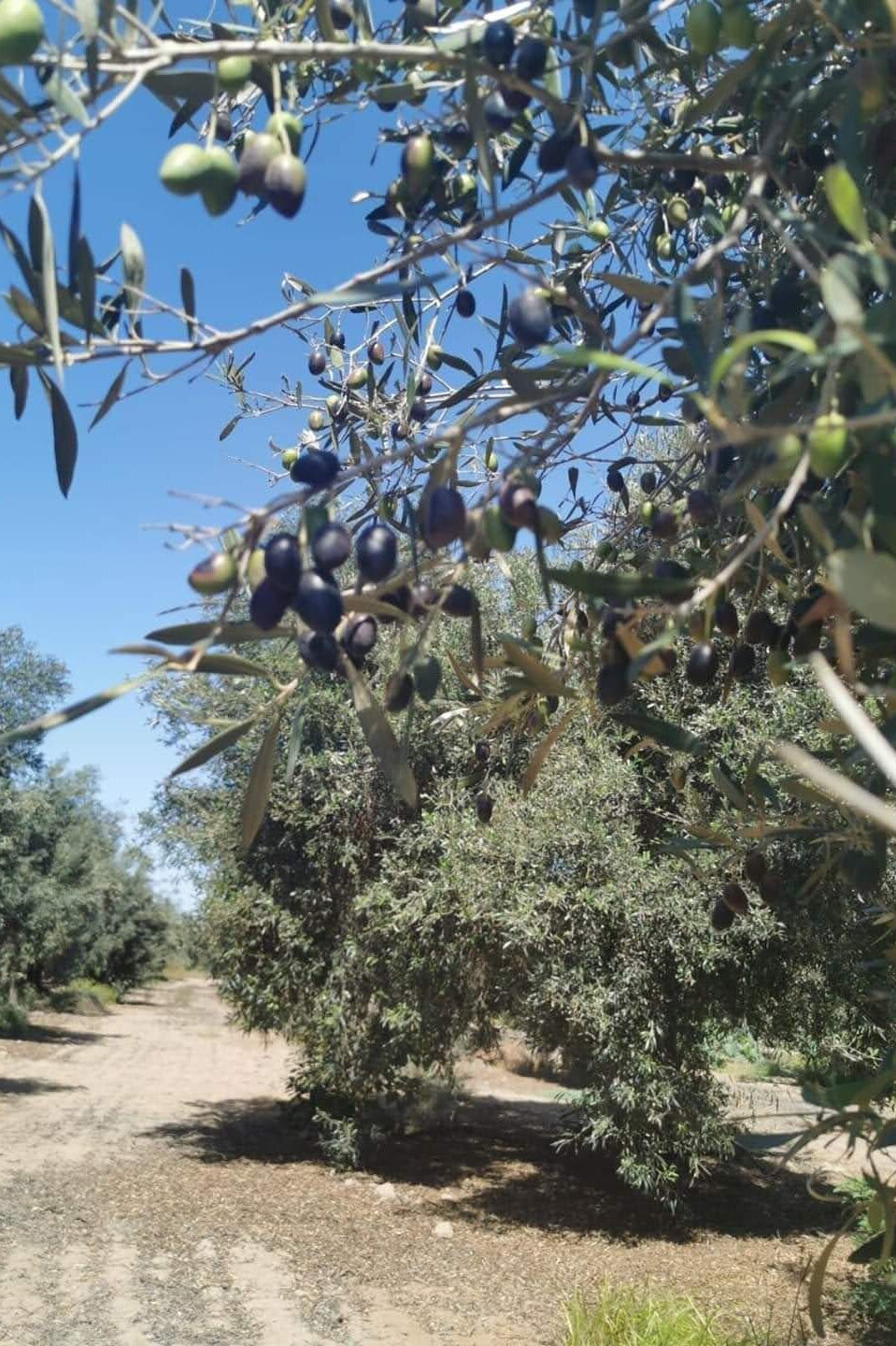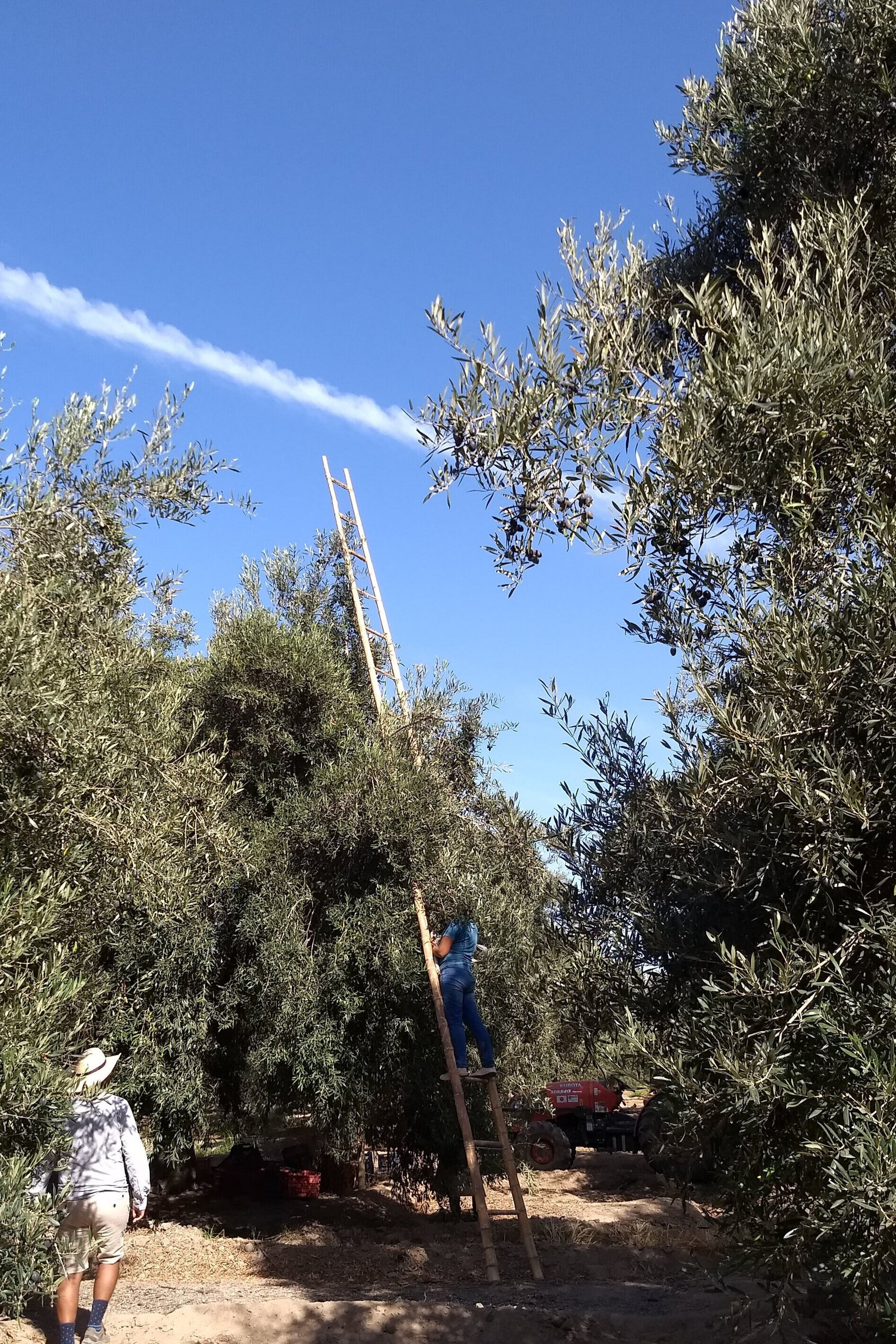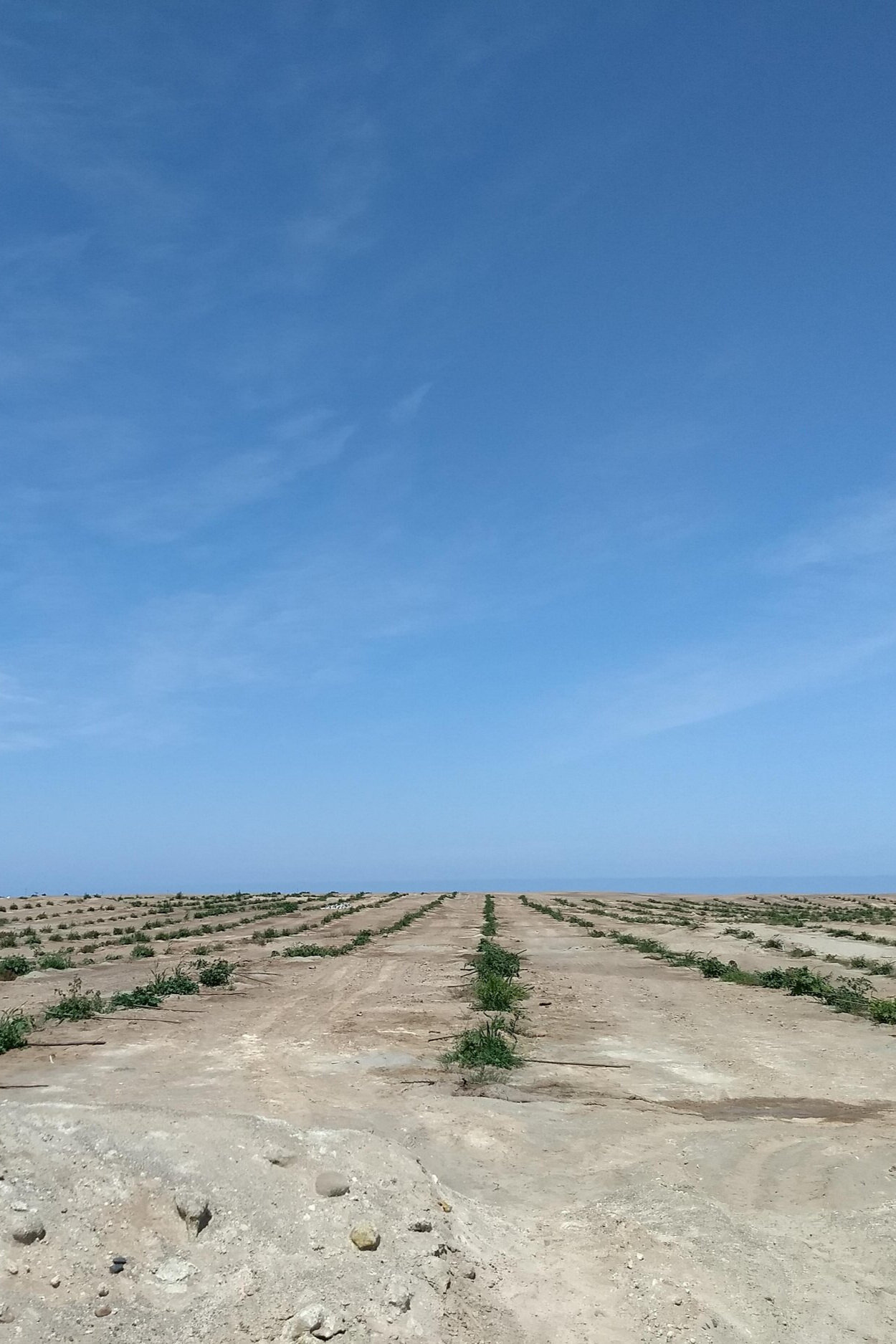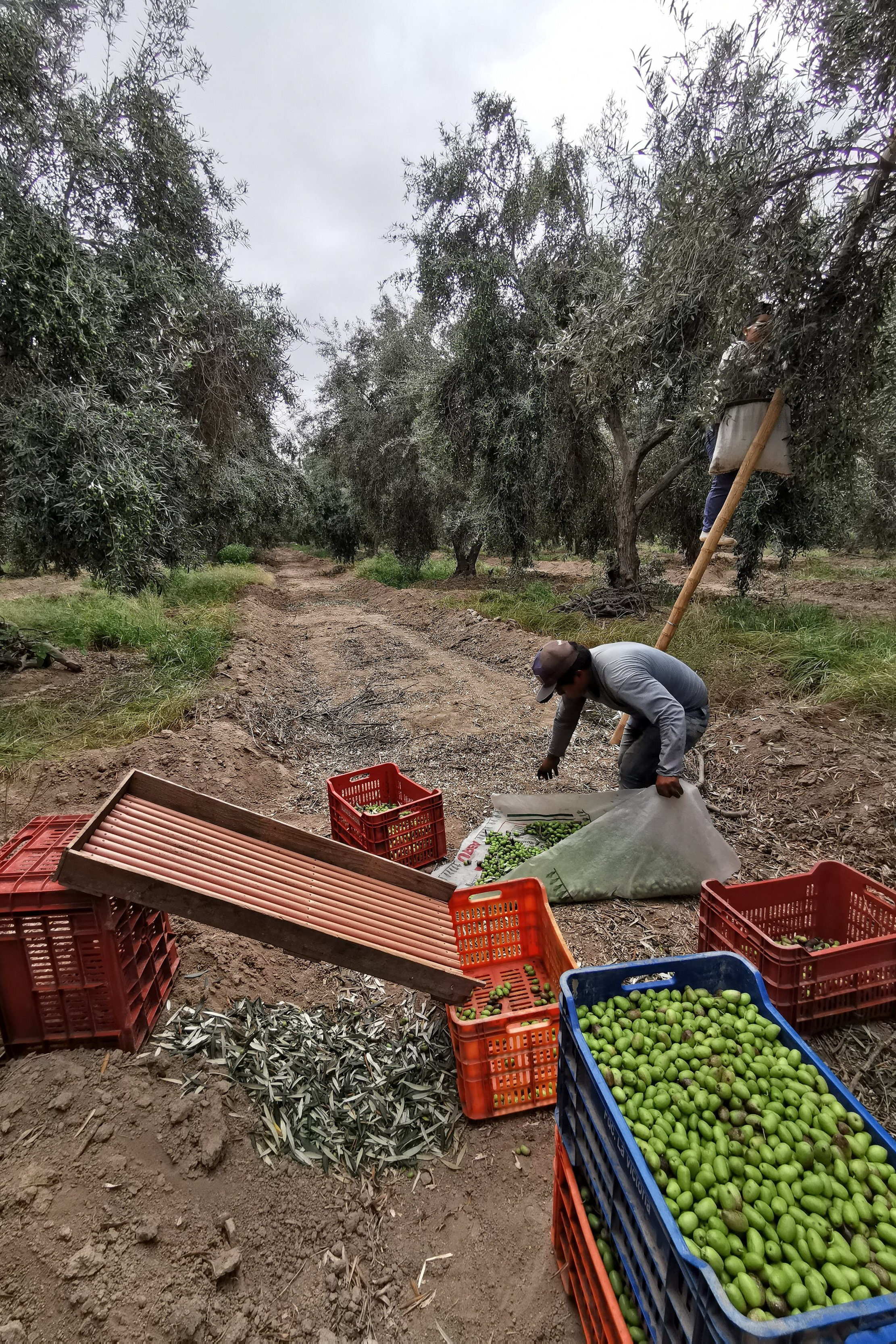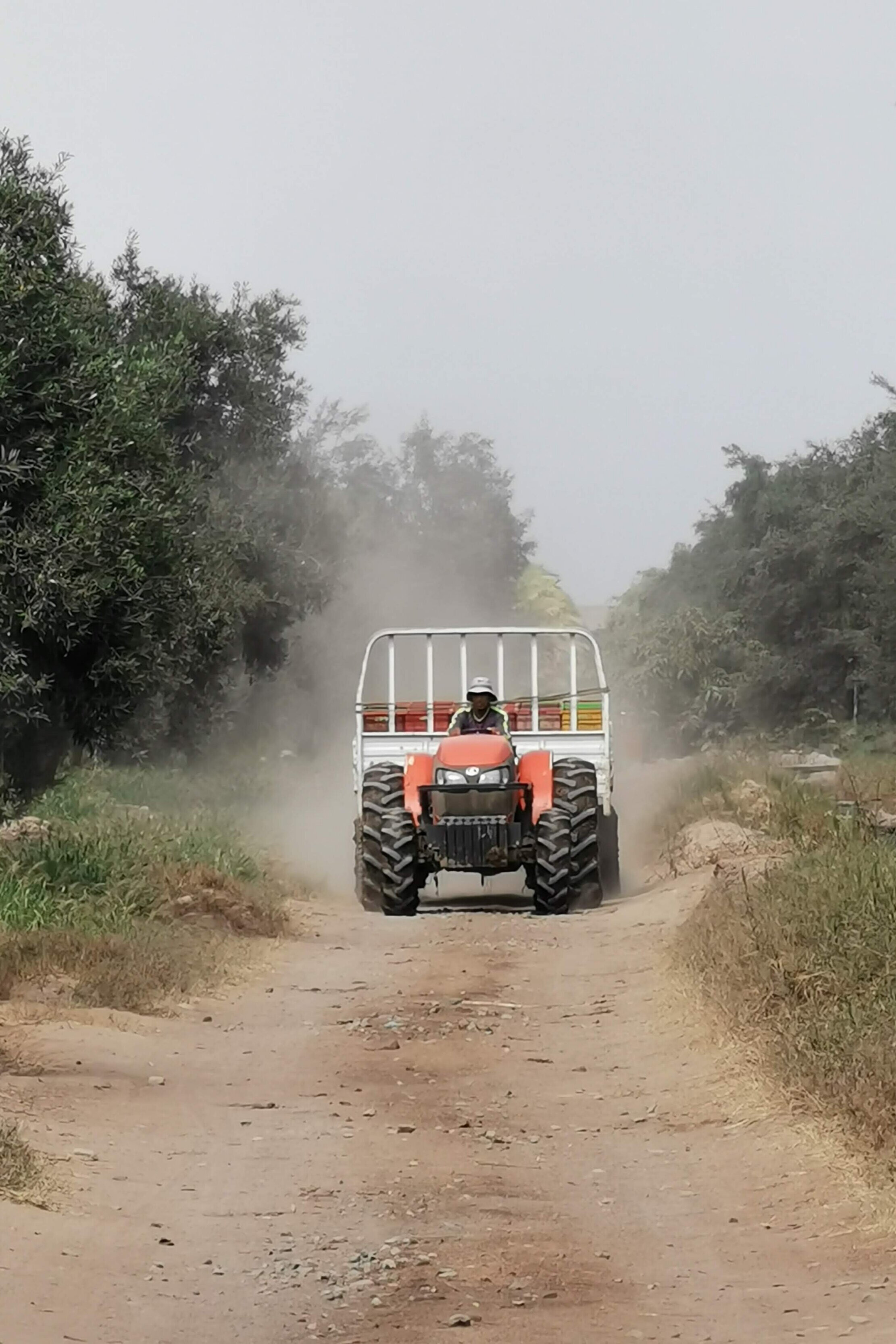Hemos realizado un tutorial bajo el concepto de "Python geoespacial aplicado". Este es un ejemplo acerca de filtro selectivo de una determinada carretera a partir de un geopaquete (*.gpkg) de carreteras. La carretera seleccionada se compone de un grupo de líneas que se fusionan en un Shapely LineString. Basado en un arreglo de Numpy con la función de interpolación Shapely se distribuyó un conjunto de puntos a lo largo del trazo de la línea fusionada y luego se interpretó como una LineString. La línea resultante se guardó como un archivo ESRI Shapefile utilizando Fiona.
Tutorial
Código
Este es el código completo en Python:
# import required packages
import fiona
import numpy as np
from shapely.geometry import LineString, MultiLineString
from shapely import ops
import mplleaflet as mpl
import matplotlib.pyplot as pltOpen the vector file and filter road
Read the Geopackage with Fiona and filter designated road parts
tolucaRoads = fiona.open('../vector/roadsToluca.gpkg')
tolucaRoads.mode'r'multiLineList = []
for road in tolucaRoads:
if road['properties']['name'] == 'Avenida José María Morelos y Pavón':
multiLineList.append(road['geometry']['coordinates'])
multiLineString = MultiLineString(multiLineList)
len(multiLineString)34Merge all road segments
mergedRoad = ops.linemerge(multiLineString)
mergedRoadmergedRoad.length0.03321053670630725Densify points along the line
# create a linespace of points
lenSpace = np.linspace(0,mergedRoad.length,1000)
tempList = []
for space in lenSpace:
tempPoint = mergedRoad.interpolate(space)
tempList.append(tempPoint)
denseRoad = LineString(tempList)
denseRoadPlot merged road and densified road
# Check the diference over a plot
fig, (ax1, ax2) = plt.subplots(2,1,figsize=(18,8), sharex=True)
ax1.plot(mergedRoad.xy[0], mergedRoad.xy[1], ls='--', marker='*')
#ax1.set_aspect('equal')
ax1.set_xlim(np.quantile(mergedRoad.xy[0],0.2),np.quantile(mergedRoad.xy[0],0.25))
ax2.plot(denseRoad.xy[0], denseRoad.xy[1], ls='--', marker='o')
#ax2.set_aspect('equal')
plt.plot()[]# Check the resulting linestring
fig, ax1 = plt.subplots()
ax1.plot(denseRoad.xy[0], denseRoad.xy[1], ls='--', marker='o')
ax1.set_aspect('equal')
mpl.display(tiles='cartodb_positron')C:\Users\GIDA2\miniconda3\lib\site-packages\IPython\core\display.py:717: UserWarning: Consider using IPython.display.IFrame instead
warnings.warn("Consider using IPython.display.IFrame instead")Save resulting densified road to shapefile
#review the original schema
tolucaRoads.schema{'properties': OrderedDict([('full_id', 'str'),
('osm_id', 'str'),
('osm_type', 'str'),
('highway', 'str'),
('lanes', 'str'),
('oneway', 'str'),
('surface', 'str'),
('name', 'str'),
('turn:lanes', 'str'),
('bus:lanes', 'str'),
('ref', 'str'),
('alt_name', 'str'),
('short_name', 'str'),
('bridge', 'str')]),
'geometry': 'LineString'}# save the resulting line to shapefile
schema = {
'properties':{},
'geometry':'LineString'
}
#out shape
outShp = fiona.open('../vector/denseRoad.shp',mode='w',driver='ESRI Shapefile',schema=schema,crs=tolucaRoads.crs)
coordList = list(denseRoad.coords)
feature = {
'geometry':{'type':'LineString','coordinates':coordList},
'properties':{}
}
outShp.write(feature)
outShp.close()Datos de entrada
Puede descargar los datos de entrada de este enlace.

